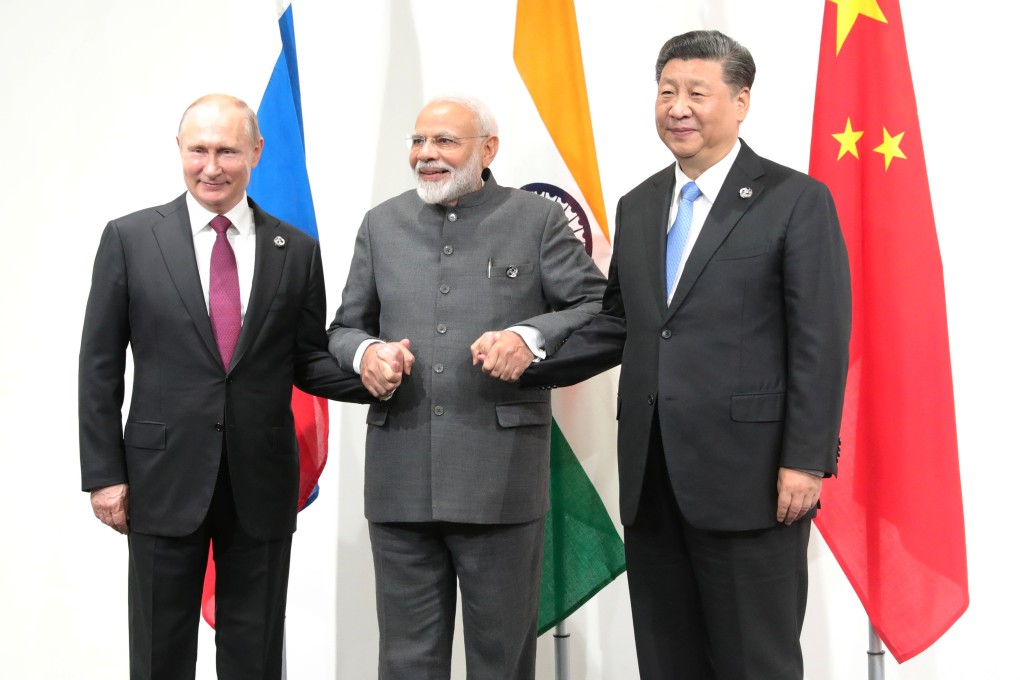Advertisement
Opinion | From Biden’s democracy summits to the Winter Olympics, a ‘contra-polar’ world is in evidence
- Amid the US-China schism, contemporary geopolitics is rife with contradictions. This picture is in stark contrast to the optimism that all boats would rise together in the wake of the Cold War
Reading Time:3 minutes
Why you can trust SCMP
1

The contradictory manner in which the world’s major powers engage with each other could be described as the “contra-polar” nature of contemporary global relations. This is manifest in a set of unrelated dissonances in early December.
On December 9-10, US President Joe Biden is hosting the first of two Summits for Democracy. A total of 110 countries have been invited to the inaugural summit, which will be held virtually. That Taiwan has been added to the list led to a sharp protest from Beijing.
Predictably, China and Russia have not been invited, while India, the world’s largest democracy, is an invitee. Political leaders apart, the summit will also include civil society and private sector participation. The key themes for deliberation are defending against authoritarianism, addressing and fighting corruption, and promoting respect for human rights.
Advertisement
In a rare joint articulation in a public forum, the ambassadors of China and Russia to the United States co-authored an opinion piece on the website of the conservative National Journal where they dubbed the democracy summit “an evident product of its Cold-War mentality”. Ambassadors Anatoly Antonov of Russia and Qin Gang of China added that the event would “stoke up ideological confrontation and a rift in the world, creating new dividing lines”.
There has been muted speculation that the US and its close allies may consider boycotting the Beijing Winter Olympics in February. Were this to happen, it would be a major setback to the US-China bilateral relationship. Beijing has indicated that it does not plan to invite Western politicians who threaten a diplomatic boycott of the games. As red lines are drawn, the jostling is evident.
However, not all democracies endorse the boycott option. A recent virtual meeting of the foreign ministers of Russia, India and China is illustrative. The November 26 joint communique stated: “The ministers expressed their support to China to host Beijing 2022 Winter Olympic and Paralympic Games.”
Advertisement
Select Voice
Select Speed
1.00x
